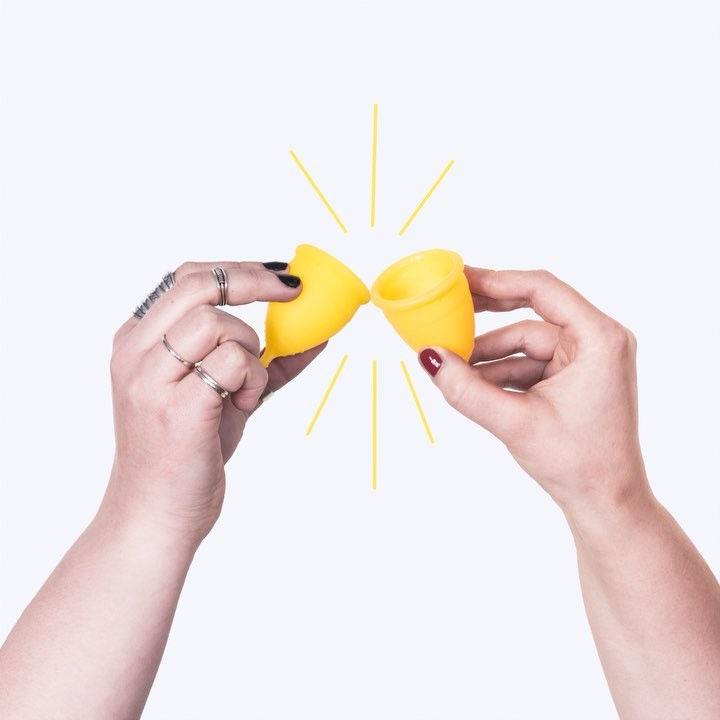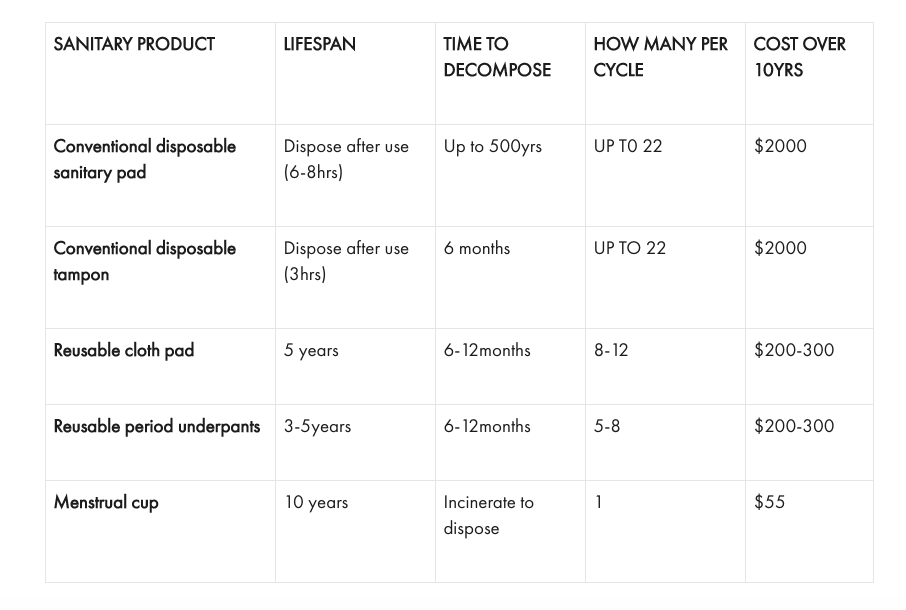Sisters lead the way in world-first project
- Go Vita

- Nov 26, 2018
- 2 min read
Written By Go Vita

Over six million females are of menstruating age in Australia and New Zealand and that adds up to an astronomical number of disposable sanitary pads in landfill and waterways. The Morris sisters are passionately concerned by this and are out to make a difference, with sustainable menstrual hygiene options.
“The problem we face as a nation is that our current way of dealing with disposable menstrual hygiene products isn’t sustainable,” says Elizabeth, Director of Lunette Menstrual Cups Australia.
A female uses about 22 disposable sanitary products per period cycle, that’s 11,000 to 16,000 during a lifetime. Unfortunately, up to 90 percent of a sanitary pad is plastic. So if each person menstruates for 30-40 years, and there are over six million Australian and New Zealander menstruators every month, the result is a scary amount of landfill and waterway pollution, and money wasted.
When it comes to choosing a sanitary product, studies have shown that the majority of women continue using the same product that they were introduced to during early puberty. The Morris sisters realised that there was very little education at schools apart from information about disposables. If they were going to instigate change then they were going to have to start at schools.
They created the Sustainable Period Project, a collaboration with some of the largest sustainable and reusable menstrual companies and artisanal communities. In a world-first, all Australian and New Zealand secondary schools will be provided with a free Resource Kit by 2020, to facilitate discussions about sustainable sanitary options. Each kit contains samples of biodegradable disposable pads, reusable period underpants, reusable cloth pads, menstrual cups, videos and activities that can be used for classroom education for years to come.
“With the war on waste movement gaining momentum in our younger generation, it’s important that we empower students at grassroots level to consider alternatives that have important health, cost and environmental impacts on the future of our beautiful country”, says Elizabeth.








Comments